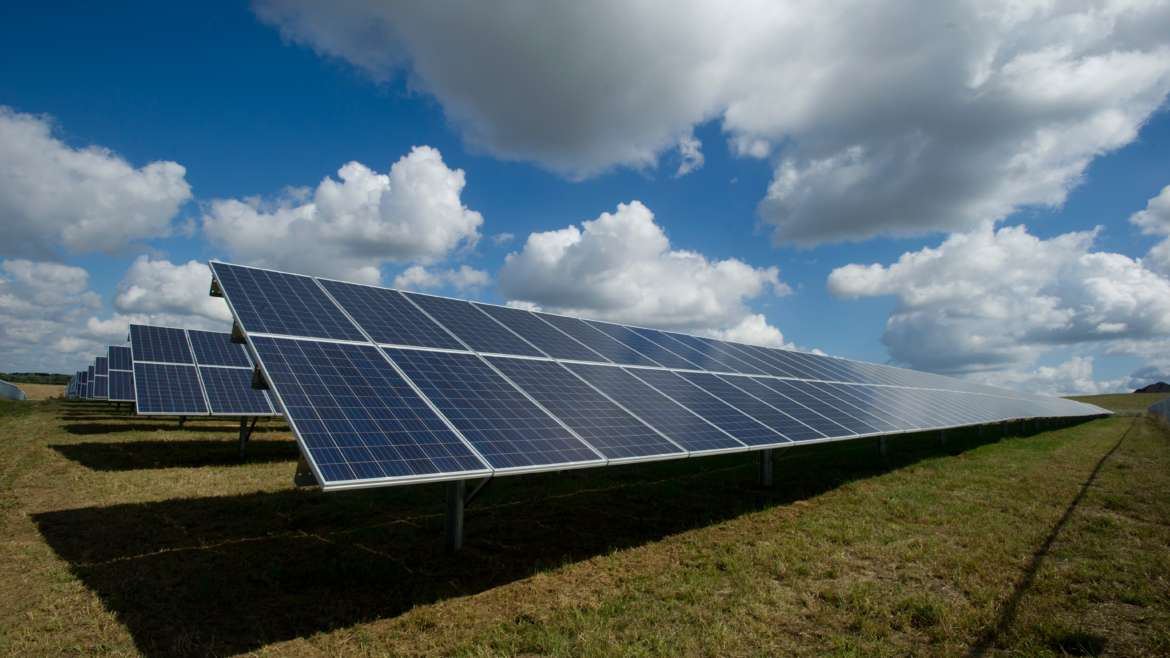In the latest solar farm land dispute heard by the R.I. Superior Court, Freepoint Solar, LLC (“Freepoint”) appealed a decision of the Town of Richmond Zoning Board of Review (“the ZBR”). The ZBR denied Freepoint a special use permit for construction of a solar farm on property in the town’s R-3 residential zoning district. Today, we’ll explain why the Superior Court decided to reverse the denial, and the town Zoning Ordinance at issue.
The Case Facts and the Zoning Ordinance
Freepoint submitted its application for a special use permit while the Zoning Ordinance allowed for solar energy systems within the R-3 zoning district. The ordinance allowing solar farms in R-3 was later repealed by the Town Council.
Chapter 18.34 of the Zoning Ordinance listed six requirements for the approval of a special use permit for a solar farm in R-3 at that time. Throughout the Planning Board and the ZBR hearings, no objections were raised as to whether the Freepoint project met the six requirements or not. The Planning Board, in fact, submitted an advisory opinion to the ZBR indicating that the project met the six requirements. This included that the lot on which the project is located must be within two miles of a “utility substation.”
During the ZBR hearings, the board members seemed to agree with the Planning Board. However, nearby property owners objected to the project. Arguments that the project did not meet the “utility substation” requirement devolved into whether the Town Council meant to limit the term to National Grid substations or if it applied to the Amtrak Station to be used by the project. The hearings then included expert testimony as to this issue, but the ZBR failed to pass both a motion to approve and a motion to deny the project. Freepoint then appealed the decision to the Superior Court as R.I. law provides for.
The Court’s Decision
As the decisionmaker in this land dispute between Freepoint and the Town of Richmond, Superior Court Justice Licht held that the ZBR’s decision “was affected by error of law,” because
“although the Ordinance does not define the term utility, existing Rhode Island law does. The Public Utilities Commission (PUC) enabling act defines “public utility” to include “every company that is an electric distribution company and every company operating or doing business in intrastate commerce and in this state as a railroad, street railway, common carrier, . . . .” Section 39-1- 2(20) (emphasis added).”
Thus, the record did not support limiting utility substations to National Grid, and the Amtrak Station qualified as one. As the In the latest solar farm land dispute heard by the R.I. Superior Court, Freepoint Solar, LLC (“Freepoint”) appealed a decision of the Town of Richmond Zoning Board of Review (“the ZBR”). centered only on whether the Amtrak Station was or was not a utility substation and the rest of the Zoning Ordinance requirements were admittedly met, Justice Licht remanded the matter to the ZBR to grant the special use permit and end the dispute over the solar farm’s construction.
Any land disputes involving planning board or zoning board of review hearings appeals can become time consuming and expensive quickly! Reach out to the attorneys at Desautel Law for help with potential zoning issues while you are planning your project, to focus on compliance with all of the requirements up front and for skillful representation throughout the process.
Email us or call at 401.477.0023 today.


